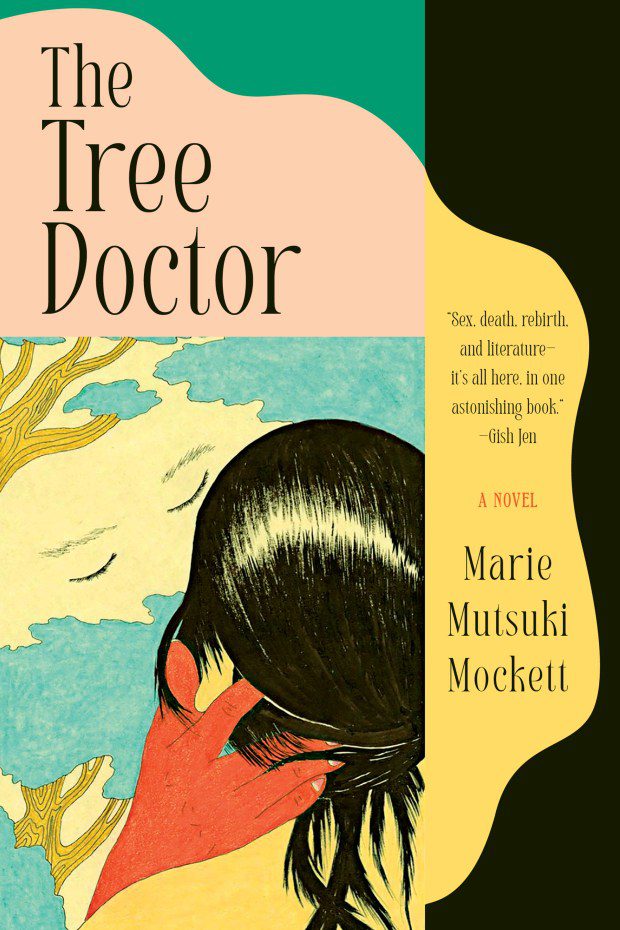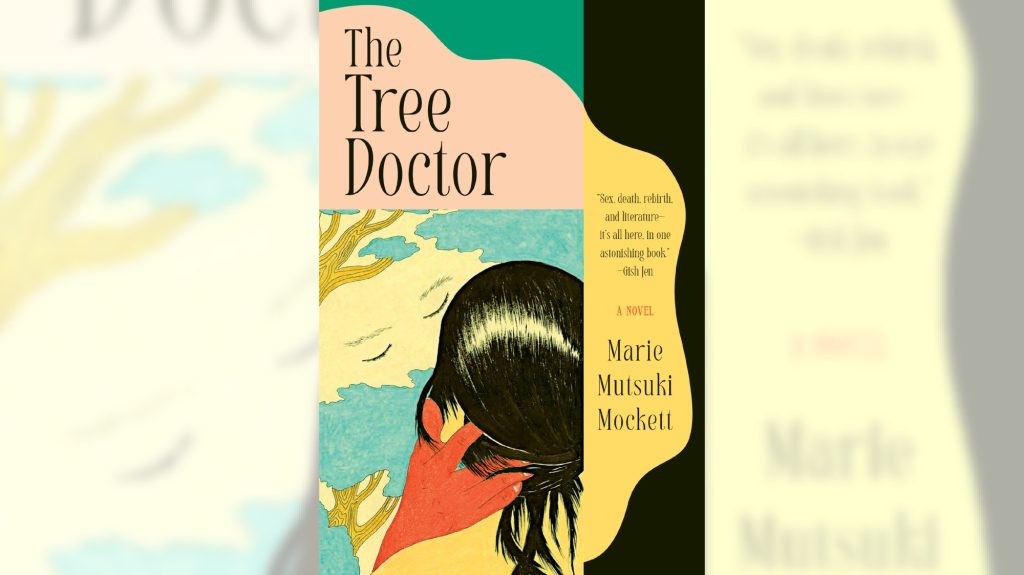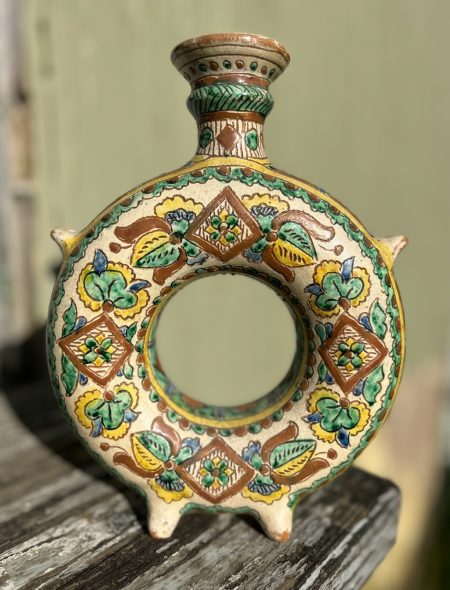May-lee Chai | Star Tribune (TNS)
Similar to many women her age, the unnamed Japanese American author in Marie Mutsuki Mockett’s bold, sensual novel “The Tree Doctor” finds herself in midlife, dealing with the responsibility of caring for both her children and an aging parent while working as an adjunct lecturer.
At the beginning of the book, the protagonist travels from Hong Kong to northern California to assist her mother, who has dementia and requires long-term care.

When the pandemic strikes, all nonessential travel is restricted, and she gets stuck in her childhood home, teaching a class on Japanese aesthetics online and connecting with her family through video calls.
This story could have solely focused on the unfair burden placed on women during the pandemic, balancing caregiving with work. However, Mockett has a different, more cunning intention, unrelated to the stereotypical pandemic-era memes targeting women.
While taking care of her mother’s neglected garden, she seeks help from a man at the local nursery, known as “The Tree Doctor,” and it leads to a passionate, explicit affair.
She has no intention of leaving her husband or children, nor is she seeking a new partner. She finds intellectual fulfillment through discussions with her college students. Her involvement is purely driven by her physical needs after years of neglecting herself.
Mockett, the author of four books, including the novel “Picking Bones from Ash” and two nonfiction works, writes in a rich style, intertwining discussions of plants, analyses of passages from “Genji,” and the woman’s memories of trips to Japan with her mother.
For instance, Mockett's description of the irises is captivating: “Late spring was a time of lush color, dominated by violet and blue. The color purple in Japanese was murasaki, she recalled with delight. In the iris bed, there were now five flowers blooming, and the wisteria had, like Rapunzel, sent down its lilac curls.”
The character of 'The Tree Doctor' represents an archetype, a contrast to the woman's history of self-sacrifice. While he may be a fantasy, it's unrealistic to expect women, especially mothers, to prioritize everyone else's needs over their own. As the woman observes, “Someone once said that for every baby a woman has, that’s two books she doesn’t write.”
“Tree Doctor” shows that this type of sacrifice takes a toll.
The Tree Doctor
By: Marie Mutsuki Mockett.
Publisher: Graywolf, 256 pages, $17.
©2024 StarTribune. Visit at startribune.com. Distributed by Tribune Content Agency, LLC.









